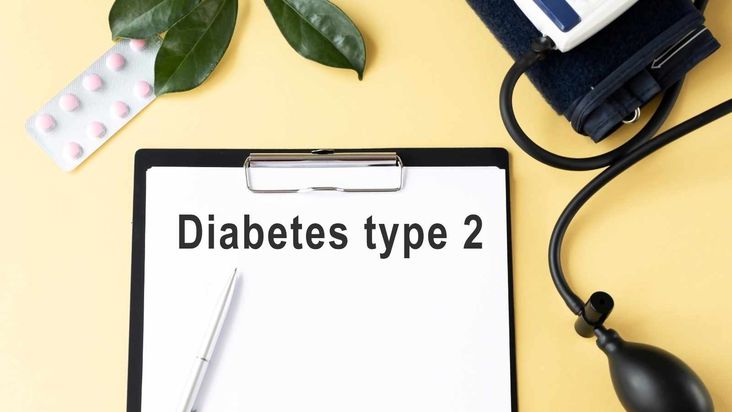The Hazards of Consuming Excessive Carbohydrates: 13 Risky Consequences
Carbohydrates are a fundamental component of our daily diet, providing the body with essential energy for various functions. While carbs are essential for our well-being, overindulging can lead to health issues. Here are 13 dangerous things that can happen when you eat too many carbs.
Weight Gain

Weight gain is a prevalent side effect that often accompanies the consumption of an excessive amount of carbohydrates. When you consume more carbs than your body requires for energy, the surplus is stored as fat, eventually leading to gradual weight gain and potentially contributing to obesity over time.
Blood Sugar Spikes

Carbohydrates are broken down into sugars and then released into the bloodstream. Consuming excessive carbohydrates in a single sitting can lead to a swift escalation in blood sugar levels, often called a “spike.”This spike can increase insulin production, potentially contributing to insulin resistance and type 2 diabetes.
Insulin Resistance

Insulin, a crucial hormone, is vital in maintaining optimal blood sugar levels. It facilitates glucose absorption by cells, enabling them to derive energy efficiently. Overconsumption of carbohydrates can lead to insulin resistance, where cells become less responsive to insulin signals, resulting in elevated blood sugar and an increased risk of developing type 2 diabetes.
Increased Risk of Type 2 Diabetes

The combination of weight gain, blood sugar spikes, and insulin resistance caused by excessive carbohydrate intake can significantly increase the risk of developing type 2 diabetes. This chronic condition affects millions worldwide and requires lifelong management to prevent serious health complications.
Cardiovascular Issues

An excessive intake of carbohydrates in your diet can negatively impact your heart health. Studies have shown that excessive carbohydrate intake is associated with increased levels of triglycerides and LDL cholesterol (known as “bad” cholesterol), risk factors for cardiovascular diseases like heart attack and stroke.
Elevated Blood Pressure

Excess consumption of carbohydrates can increase insulin production in the body. When insulin levels rise, it can lead to sodium and water retention, ultimately increasing blood pressure. Be mindful of carbohydrate intake and consider a balanced diet to maintain a healthy blood pressure.
Fatty Liver Disease

The liver plays a crucial role in metabolizing carbohydrates. When your body receives excess carbohydrates beyond its needs, it undergoes a conversion process where the surplus is transformed into fat and stored within the liver. Over time, this can result in non-alcoholic fatty liver disease (NAFLD), characterized by liver inflammation and scarring.
Brain Fog

Eating carbohydrate-rich meals can result in sudden increases in blood sugar levels and subsequent crashes. These fluctuations can lead to cognitive problems such as difficulty focusing and experiencing a foggy mental state, commonly known as brain fog.
Increased Hunger

Carbohydrates can be addictive, and overconsumption can lead to increased hunger. When we consume carbohydrates, our body releases dopamine, the “feel-good” hormone that makes us crave more of the same food. This addiction leads to a cycle of constant carb consumption, ultimately leading to weight gain and other health issues.
Poor Nutrient Balance

When we exclusively consume high amounts of carbohydrates, we overlook the importance of other vital nutrients like proteins, healthy fats, vitamins, and minerals. This inadequate nutrient balance from a carbohydrate-heavy diet can lead to deficiencies that may negatively impact our health.
Digestive Issues

Consuming excessive carbohydrates, particularly refined ones such as white bread and pasta, can result in various uncomfortable digestive issues. Bloating, gas, and disruptions in digestion can occur due to the rapid absorption of carbs by the body, which can also lead to an imbalance in gut bacteria.
Reduced Energy Levels

While carbohydrates are the body’s primary energy source, consuming too many can have an adverse effect. Overeating carbs can cause blood sugar spikes, leading to insulin resistance and reduced energy levels in the long run. This feeling of lethargy can impact daily activities and quality of life.
Inflammation

Excessive carbohydrate intake can lead to inflammation in the body. Inflammation is a natural immune system response, but when caused by excessive carb intake, chronic inflammation can heighten the likelihood of developing several health concerns.